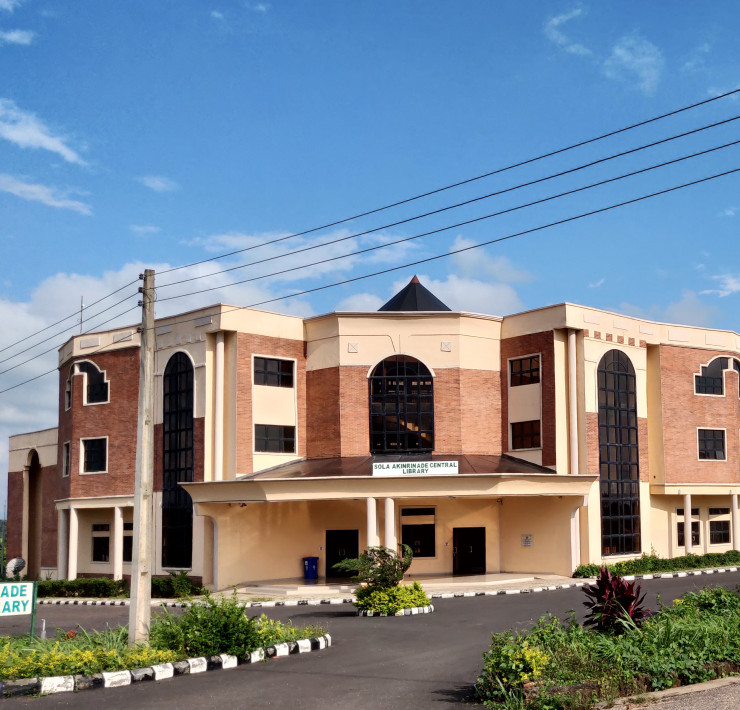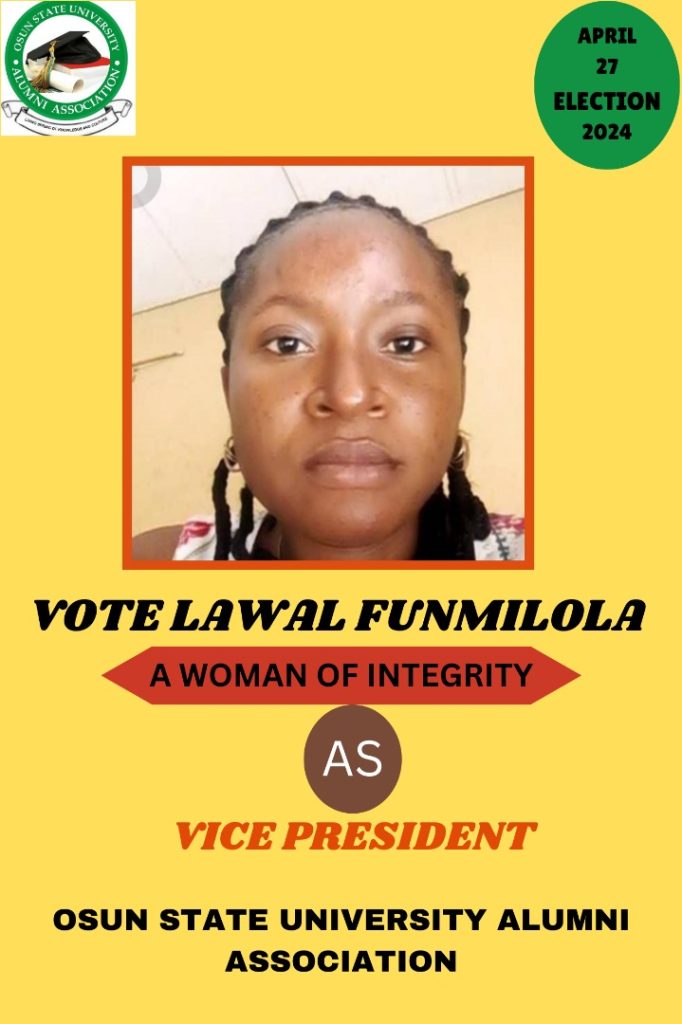In the midst of escalating tensions and accusations surrounding the UNIOSUN Alumni Association Elections, a deeper narrative emerges, shedding light on the intricate web of influence and power dynamics at play. Against the backdrop of allegations of conspiracy and manipulation, the question looms large: Will Binukonu’s will be done?
Recent developments have added fuel to the fire, validating some of the concerns raised by vocal critic Idris Adetunji and shedding new light on the extent of the alleged manipulation within the electoral process.
Firstly, another presidential candidate, Engr. Olasupo Bashorun, has come forward to corroborate many of Adetunji’s claims. Bashorun confirms that Adetunji’s letters outlining concerns about the electoral committee’s integrity and past practices did not reach the outgoing Board of Trustees (BOT). This revelation underscores the challenges of accountability and communication within the association, where vital information may not always reach the appropriate channels.
Secondly, David Oladeji, the former BOT chairman, has confirmed he was not aware of Adetunji’s letters until August or September 2022, long after they were initially sent.
Thirdly, emerging allegations point towards the electoral committee chairman’s (Arisilejoye Azeez) role in nominating Basit Olokuta, purportedly representing the interests of the Binukonu group, for the presidential candidacy. This revelation adds another layer to the intricate connections between the electoral process and influential factions within the alumni community, suggesting potential conflicts of interest and undue influence.
As these revelations unfold, the specter of the Binukonu Caucus and its alleged influence over the electoral process looms ever larger. The association finds itself at a crossroads, grappling with fundamental questions of fairness, transparency, and accountability as well as constitutional misnomers.
In the face of mounting evidence and growing public scrutiny, the electoral committee, the BOT, and other relevant stakeholders must confront these allegations head-on. Transparency, impartiality, and adherence to established protocols are non-negotiable principles that must guide the electoral process.
The UNIOSUN Alumni Association Elections represent more than just the selection of a new leadership; they symbolize a crucial juncture in the association’s journey towards greater integrity and inclusivity. The outcome of these elections will not only shape the immediate future of the association but also set a precedent for its commitment to upholding democratic values and fostering a culture of trust and accountability among its members.
As the alumni community watches with bated breath, the question remains: Will Binukonu’s will be done, or will the spirit of fairness and justice prevail in the face of adversity? The answer lies in the actions and decisions of those entrusted with safeguarding the integrity of the electoral process and upholding the principles of democracy and transparency.




